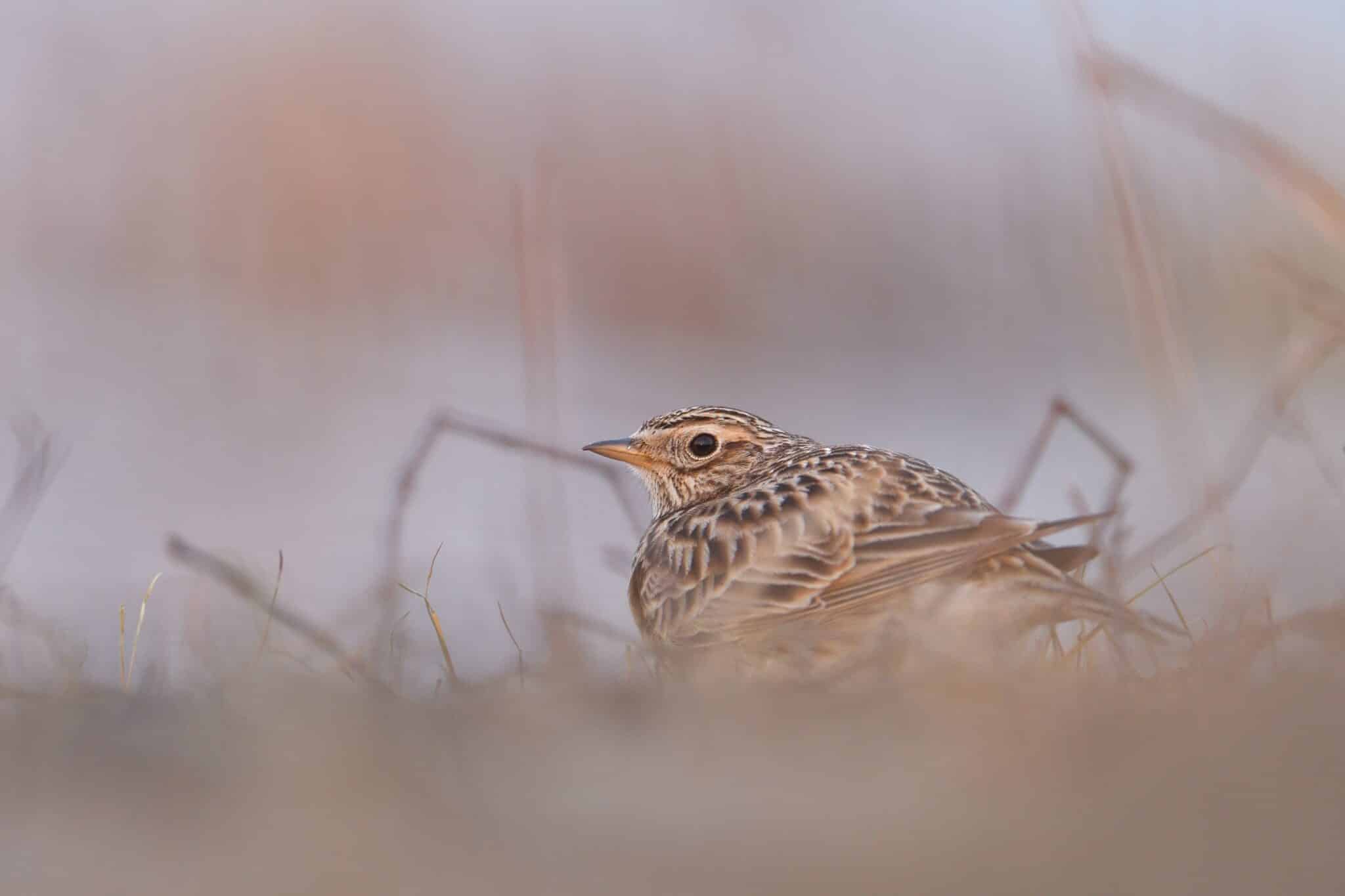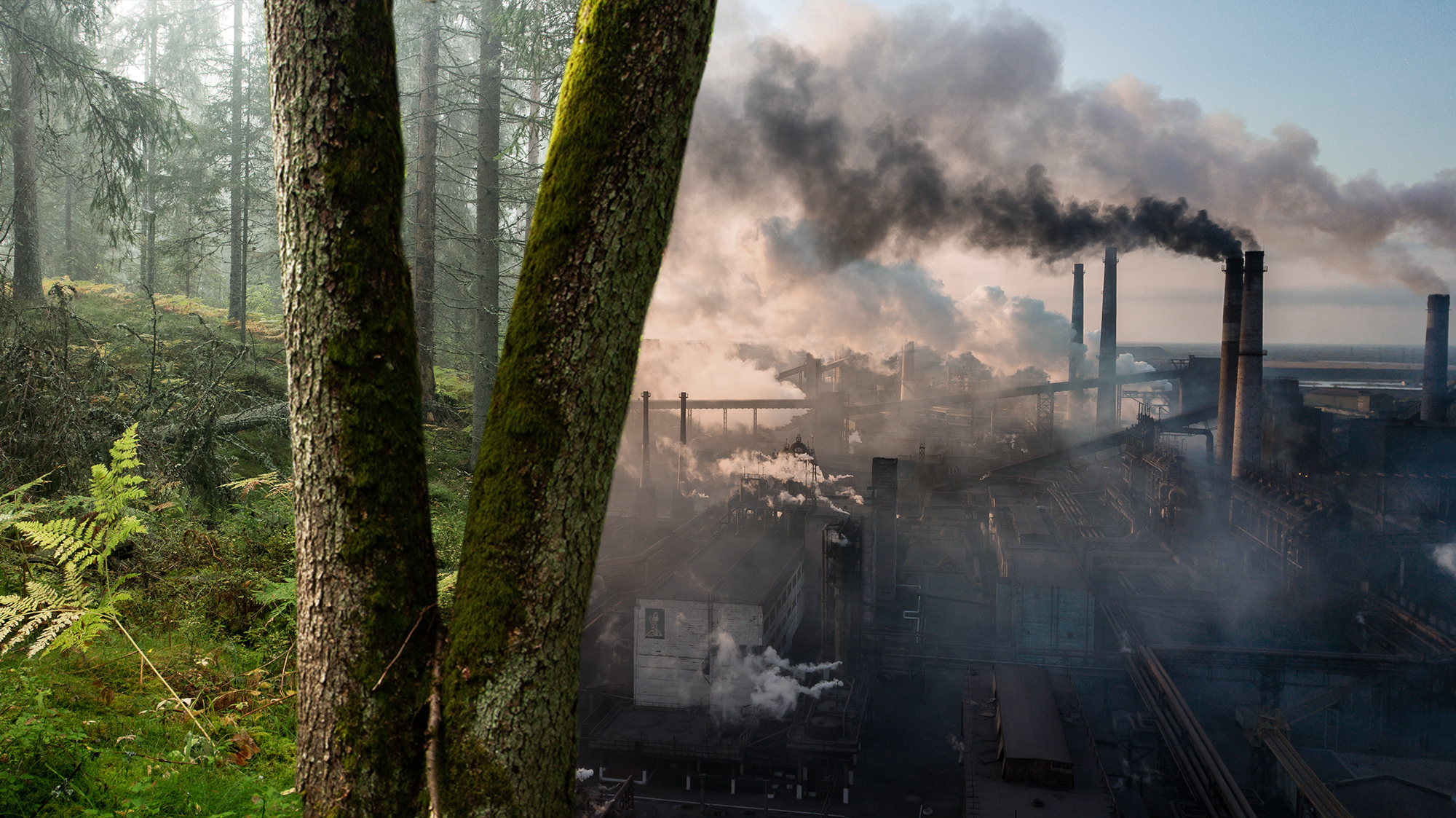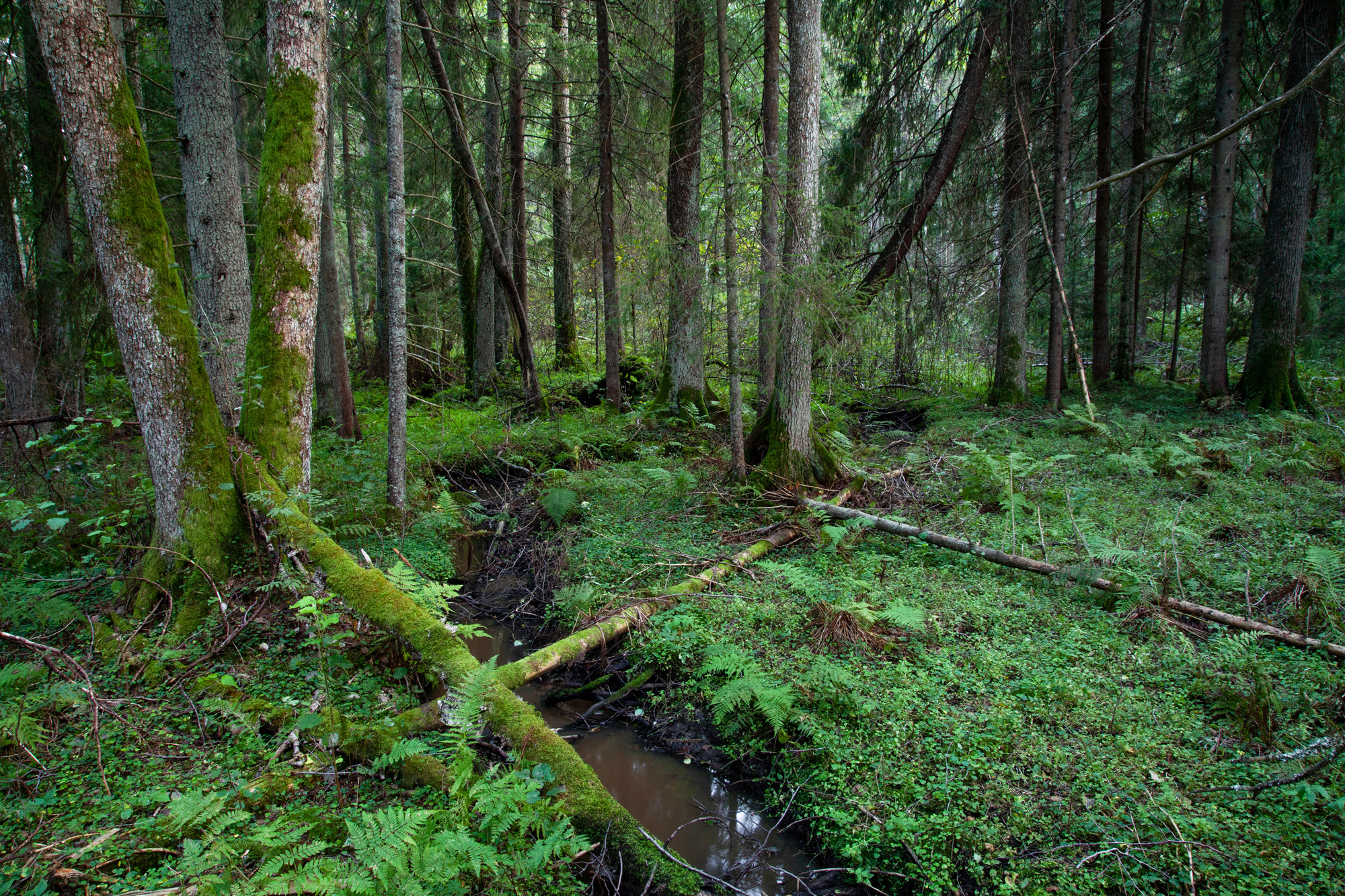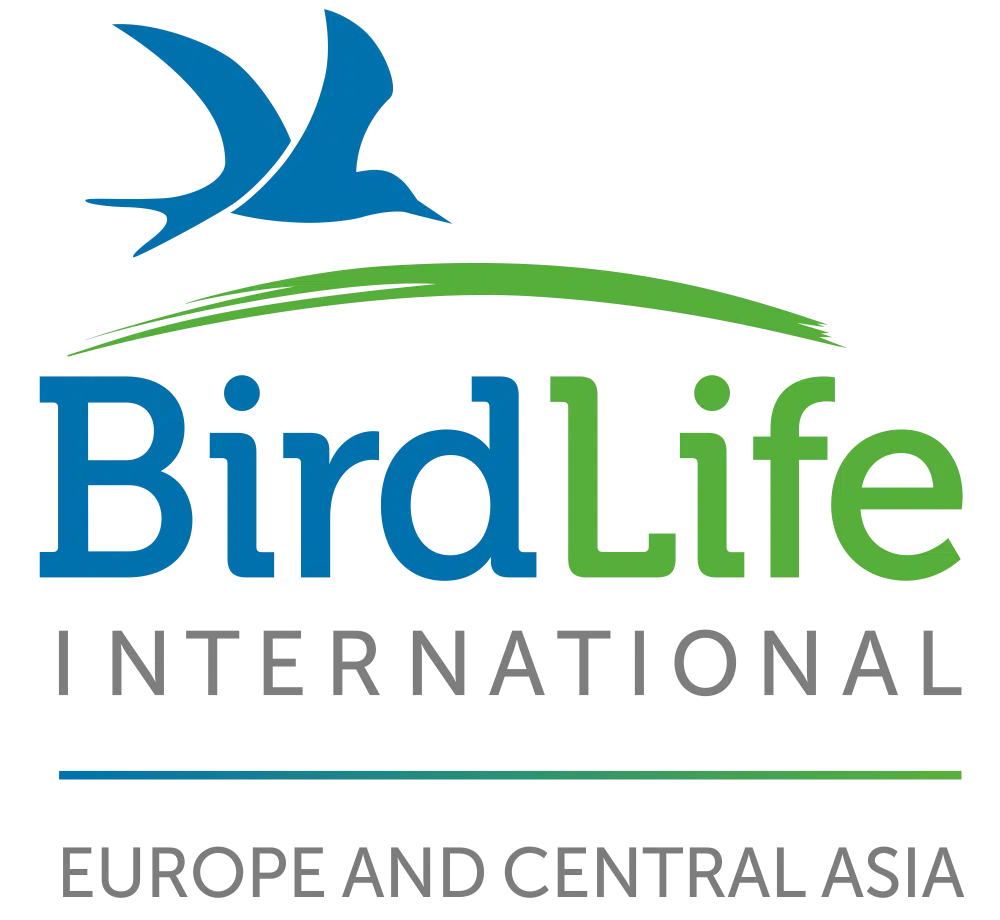Nature policies that are scarier than goblins and ghouls
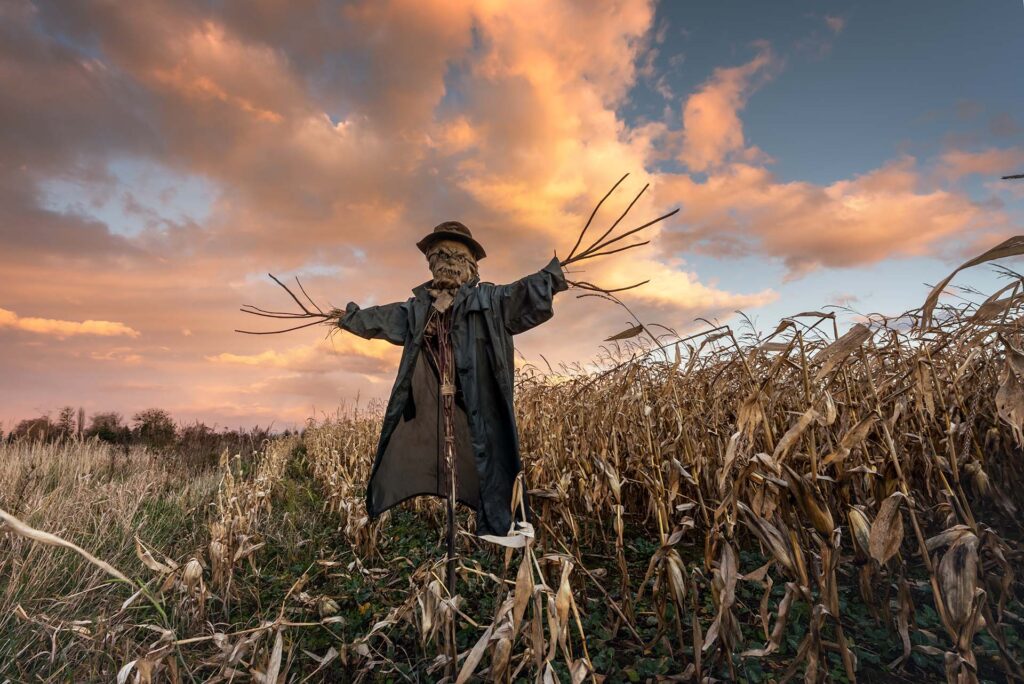
Happy Halloween! In need of some goosebumps? Look no further, here are some of the scariest policy developments across Europe!
By Caroline Herman
Cover picture: Smit – Shutterstock
Celebrating biodiversity decline
It’s believed Halloween’s origins lie in the ancient Celtic festival of Samhain, which was celebrated from October 31st into November 1st, marking the end of the harvest season and the beginning of winter. These days, we could instead celebrate that agriculture is the number one cause of biodiversity loss across the globe and that every year 385 million people fall ill because of pesticides. Creepy, isn’t it? The EU’s Common Agriculture Policy spends the world’s largest agriculture subsidies mostly on the biggest, richest and most polluting farms; with 1.5% of beneficiaries taking home almost a third of the budget.
Jaws 4
Article 11 of the Common Fisheries Policy states that EU countries wishing to protect Natura2000 sites must ask for permission from other EU countries whose fishers fish in that sea basin. As other governments have no interest in restricting the activities of their fishing fleet, they often just answer with a polite no. The result? Only 6 out of 3400 nationally protected sites in EU waters have actual protection measures in place.
Nothing is scarier than a burning planet
The Renewable Energy Directive states that burning carbon is not the same as actually emitting carbon… so we just keep subsidising the massive burning of both food and forests. More than half the wood we cut in EU forests gets burned. We are also subsidising the destruction of forests from the US and Canada to Russia and Ukraine. What’s more? We also burn wheat for biofuels; the equivalent of 150 million loaves of bread every day.
The EU Taxonomy 2nd delegated act allows labelling burning natural gas as a “green investment” and states that it makes a “significant contribution” to the fight against climate change. If you put your money into a green investment fund, thinking you’ll be helping insulate houses and fit solar panels, you’ll end up helping burn down the planet. Meanwhile, elected officials from EU countries collectively decided they shouldn’t allow calling oat milk “milk” on grounds that this would mislead consumers.
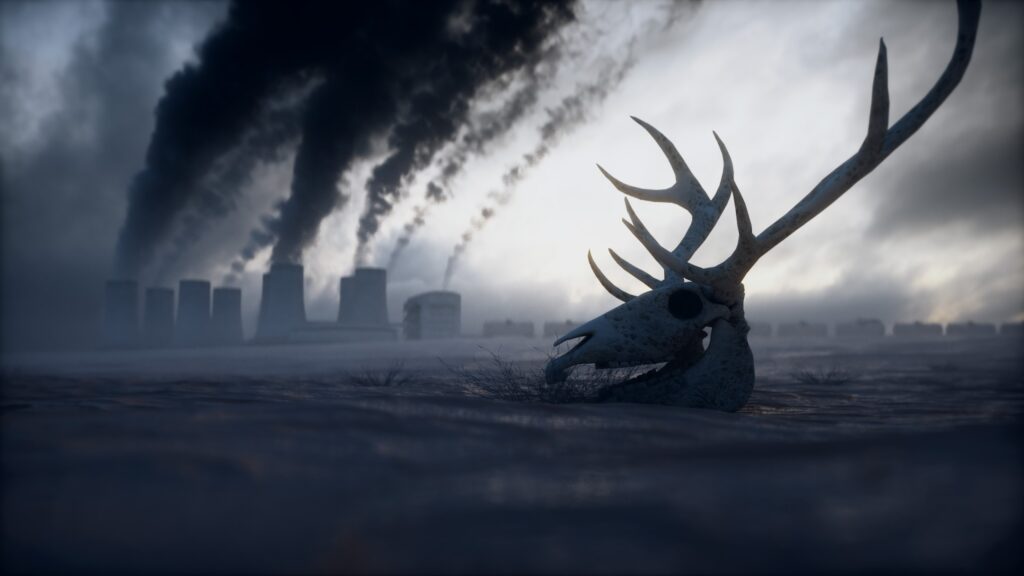
Other creepy facts to deprive you of sleep
- Cyprus has been subsidising banana plantations as a biodiversity conservation scheme. They say it’s for the Black Francolin, a bird whose love of bananas has so far escaped modern science.
- Italy has put only two very small biodiversity measures in their humongous recovery fund spending. One of them is installing free Wi-Fi in national parks. It’s still unclear how endangered species would be using it to navigate the many unaddressed threats to their survival.
- France reauthorised bird trapping after it has been deemed illegal by its own supreme court and the court of justice of the European Commission.
- The Finnish forestry industry has cut down so much of its forests, that its land-use sector has become a net emitter of carbon dioxide.
Too many Halloween parties to attend?
The president of the European Commission, Ursula Von Der Leyen, has consistently refused to meet any EU-level environmental NGO since she took the helm of the Commission – that’s three years to date. We understand she is busy…but apparently, she does find the time to meet industry lobbyists.
But do you know what the good thing is about Halloween? There are also candy treats! Although the above-mentioned policies are really scary, the EU has also done many things to prevent nightmares from haunting you in your sleep. Think about the Habitats and Birds Directive that forms the cornerstone of Europe’s legislation on nature conservation. In June, the Nature Restoration Law was proposed by the European Commission. This ground-breaking law could reverse the tide of biodiversity loss and climate change if implemented timely and with ambition! The EU has the tools and opportunities to change our future for the better, but they need to be seized. If not, we might be happier to be taken down a drain by a clown, rather than die a slow and painful death because we destroyed our very own planet.
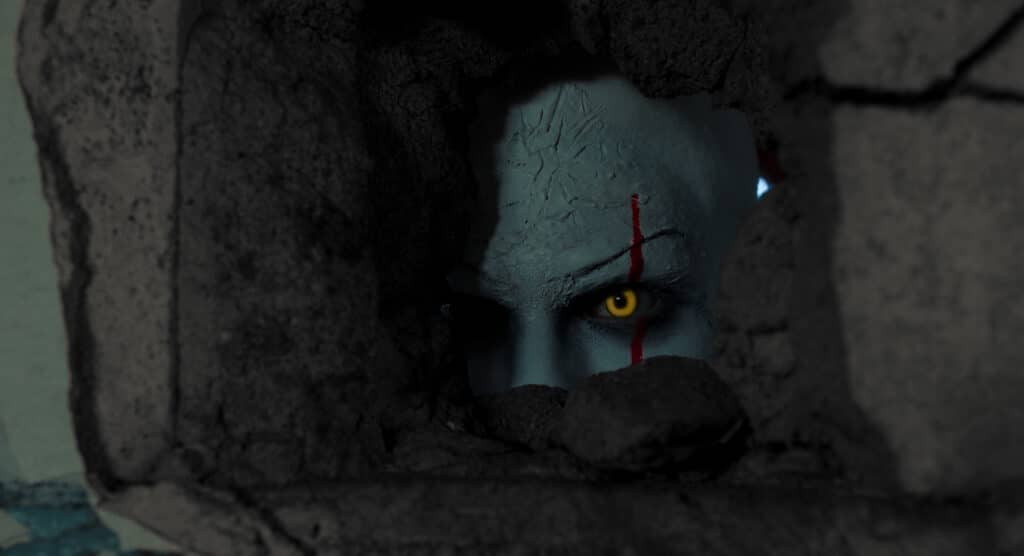
You might also be interested in:
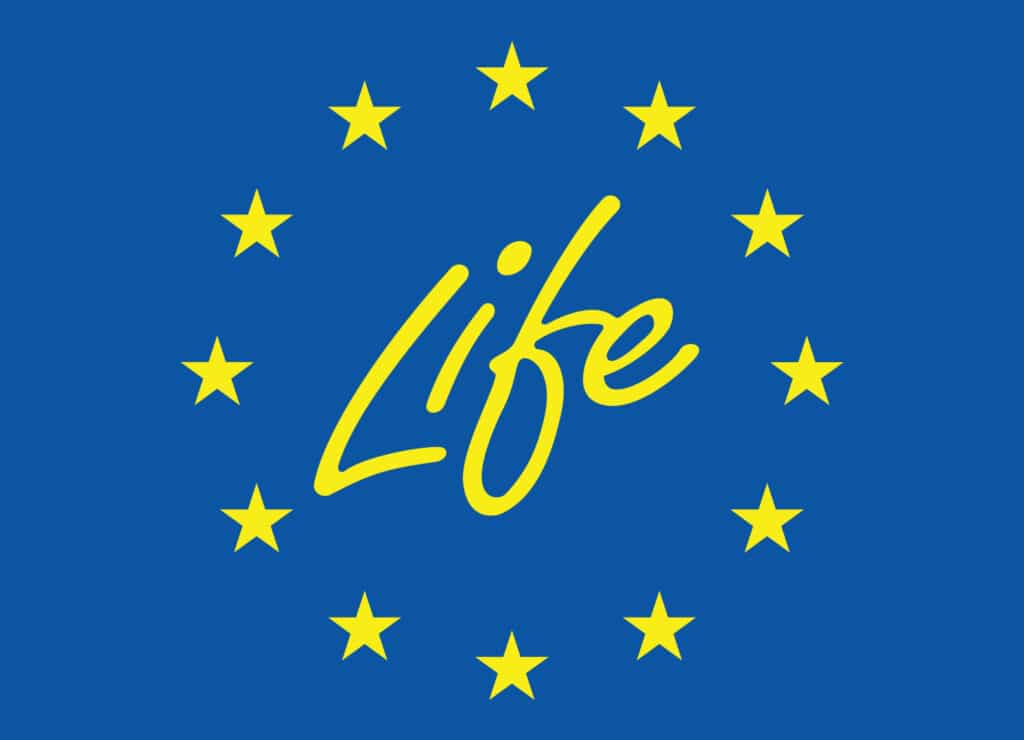 | Stichting BirdLife Europe gratefully acknowledges financial support from the European Commission. All content and opinions expressed on these pages are solely those of Stichting BirdLife Europe. The European Commission is not responsible for any use that may be made of the information it contains. |
